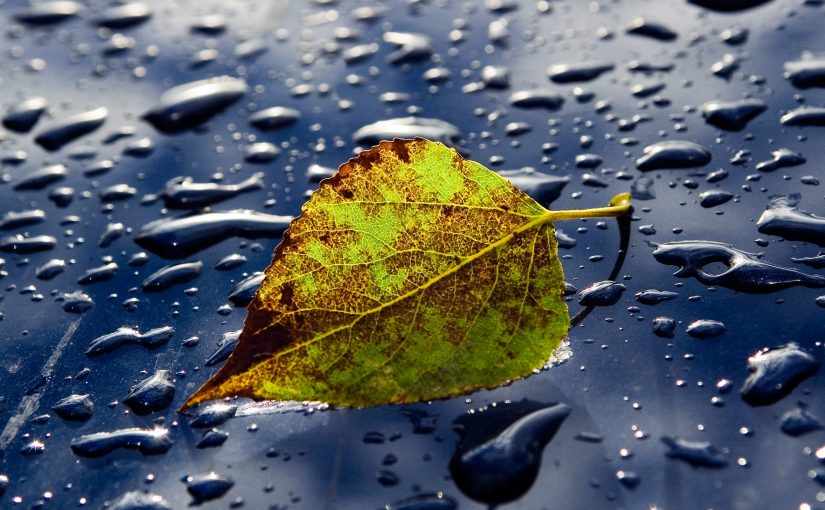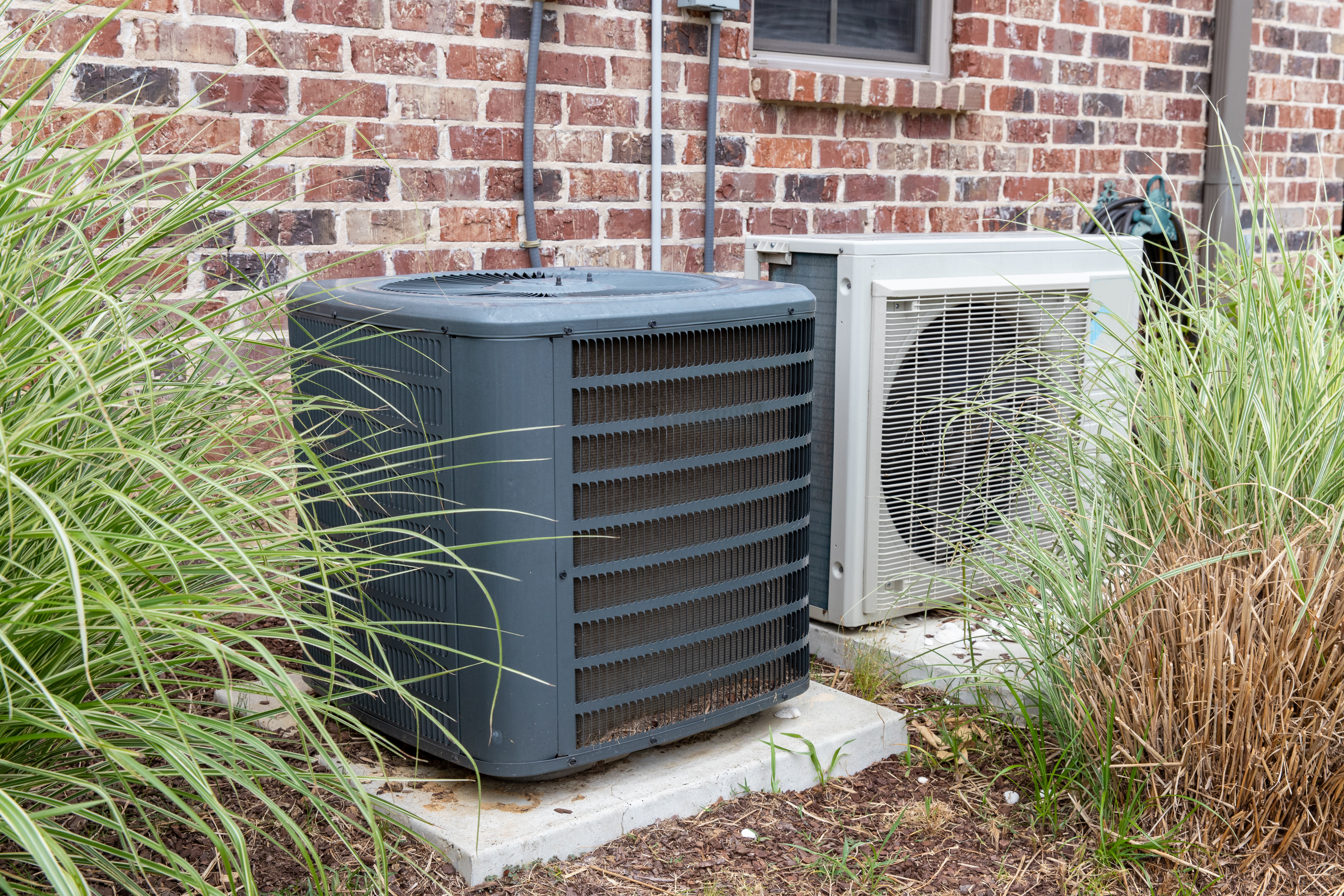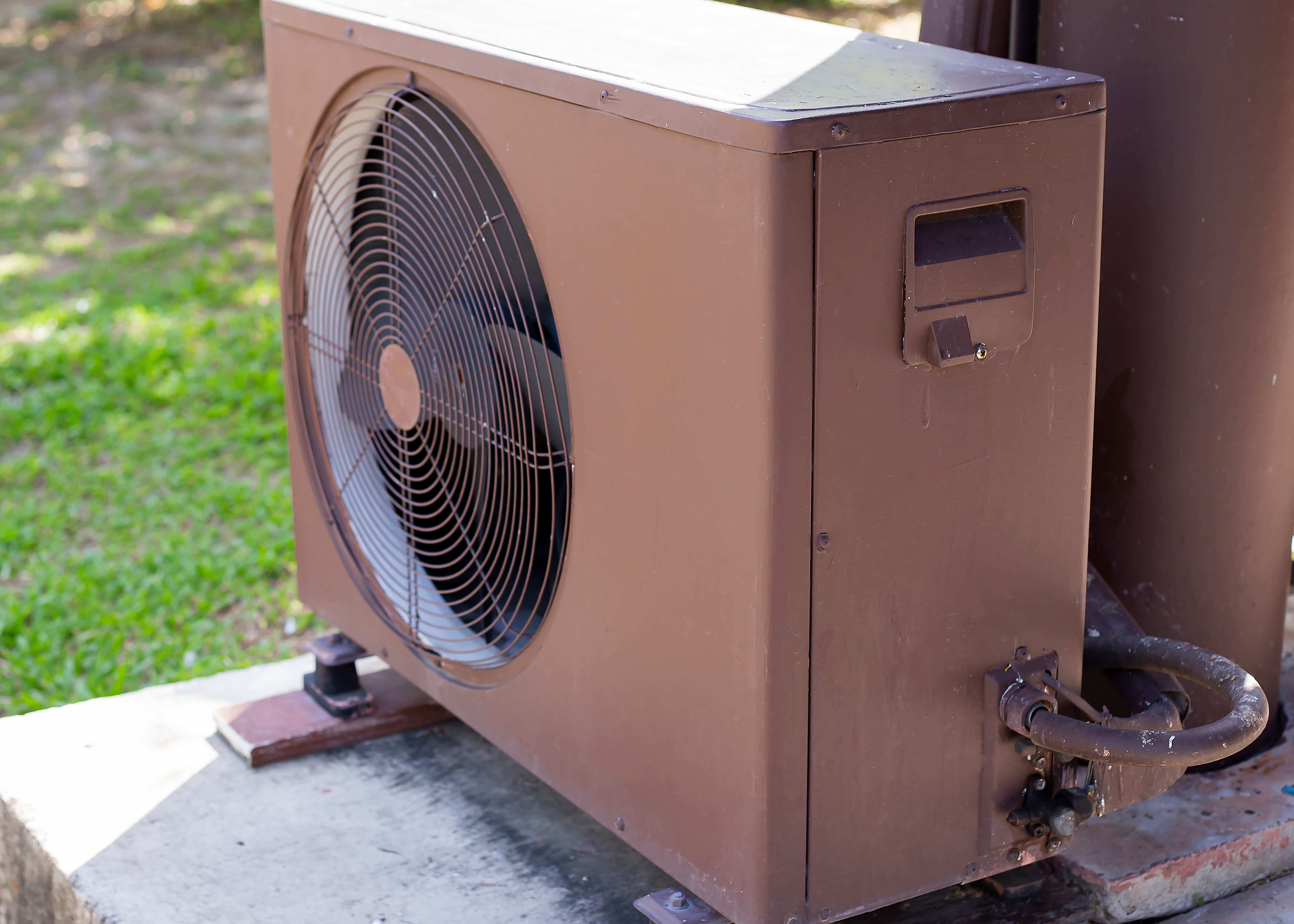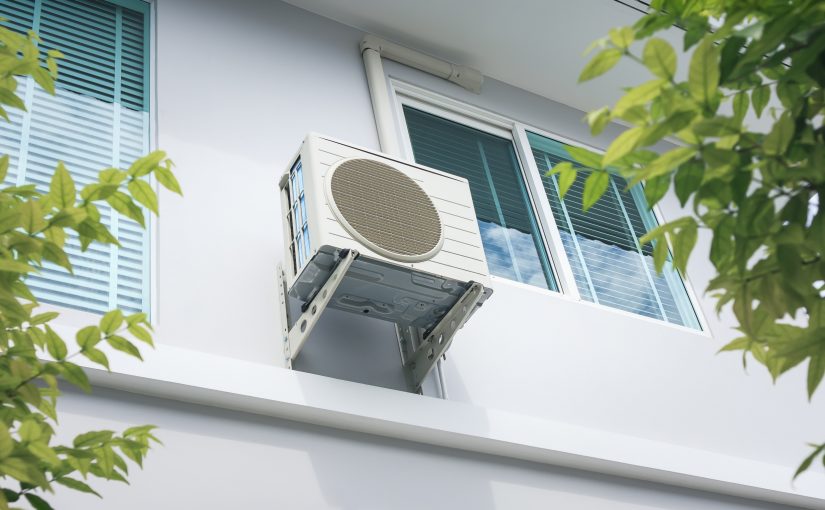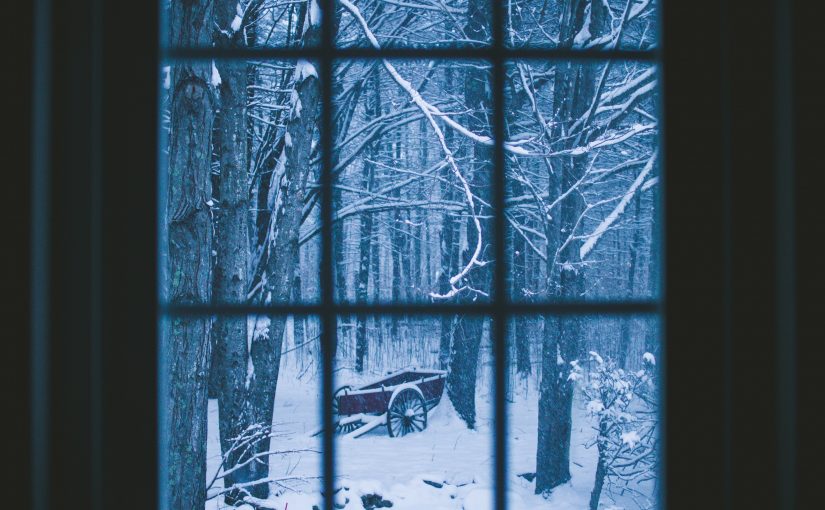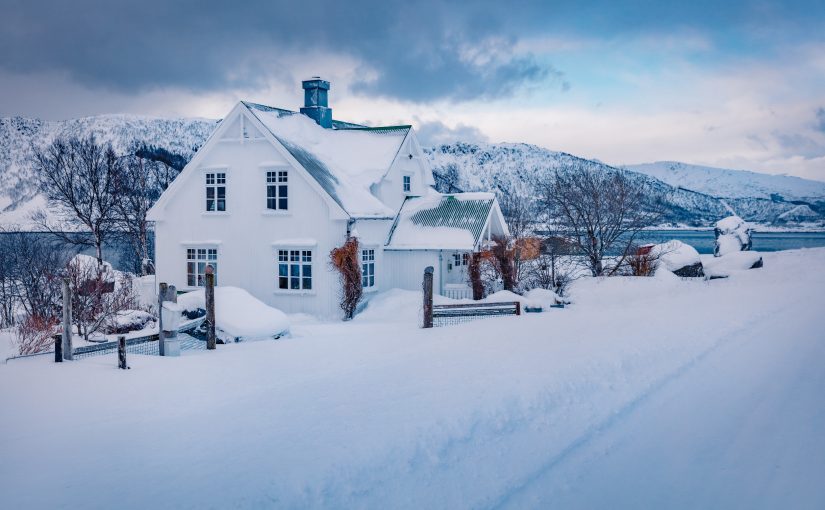As we transition deeper into autumn, increased rainfall is on the horizon, continuing into winter. While there are various ways to weatherproof your HVAC system, only some methods suit some types. Fortunately, most HVAC systems are designed to endure significant weather conditions, including heavy rain. Here are some essential dos and don’ts to protect your HVAC during intense rain.
Don’t Cover Your HVAC
Avoid covering your HVAC unit with a tarp or weatherproof covering if you plan to operate it. Most HVAC systems can withstand substantial rain without issue. Covering them can create problems, especially if the unit is in operation. Generally, your system should function well in heavy rain and wind unless submerged. However, if water accumulates around the unit, it could damage the wiring and electrical components, so it’s essential to manage pooling.
Do Divert Water Away from Your HVAC
To prevent water from pooling around your HVAC system, take proactive steps to redirect drainage. Reposition your gutter downspouts, dig a trench, or create a barrier to guide water flow away from the unit. These measures can help keep your system elevated and safe during heavy rainfall.
Don’t Obstruct Airflow
While it may be tempting to set up barriers or covers near your HVAC for protection, avoid placing anything too close. HVAC systems rely on consistent airflow to function correctly. To shield the unit from debris, ensure any barriers are at least two feet away to maintain adequate ventilation.
Do Monitor for Debris
While strong winds may not directly harm your HVAC, they can blow dirt, leaves, and debris onto the unit. After a storm, inspect your AC unit for any damage or debris buildup. If you notice any issues on the exterior, there could be internal damage as well, which should be addressed before using the system.
Conclusion
Outdoor HVAC systems are generally resilient to the elements and require minimal intervention to stay operational. However, regular checks for debris and potential damage are essential. Schedule any necessary repairs promptly to ensure your system remains functional throughout the rainy season.
